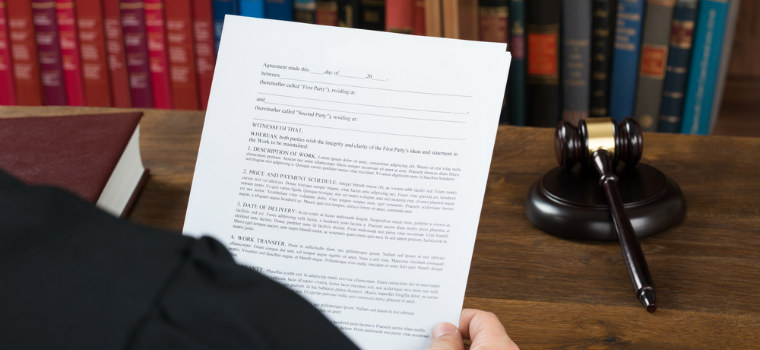

The first step is to review Indiana Trial Rule 60. In order to have a judgment overturned, you will need to take several steps (the order or need for these steps may vary from court to court). Additionally, however, Part C of Rule 55 gives instructions on how a default judgment may be set aside: “ A judgment by default which has been entered may be set aside by the court for the grounds and in accordance with the provisions of Rule 60(B).”

Trial Rule 55 spells out the process that a party must walk through in order to obtain a default judgment. The Indiana Rules of Trial Procedure govern procedures for judges and litigants in Indiana courts. In some of these cases, it may be possible to have a default judgment overturned, or “vacated.”ĭefault judgments in Indiana courts are largely covered under Indiana Trial Rule 55. Perhaps the judgment was improper or inaccurate for other reasons. Perhaps the notification was never sent at all. Perhaps the notification of the lawsuit was sent to the wrong address. However, there are some occasions when a default judgment is entered for other reasons, for which the defendant bears no blame. Perhaps a defendant simply ignores court notices and doesn’t feel like being burdened with the legal process. Perhaps a defendant knows that he doesn’t have a strong case, and decides not to show up. There are several reasons why a default judgment may be entered. This is known as a “default judgment,” and it happens quite frequently in Indiana courts.

One of the most disconcerting things that can happen to an individual is to receive notice that they have had a judgment entered against them, without their ever being present in court. Please check the laws of your local jurisdiction if you live in another state. **NOTE: This article primarily references Indiana law.


 0 kommentar(er)
0 kommentar(er)
